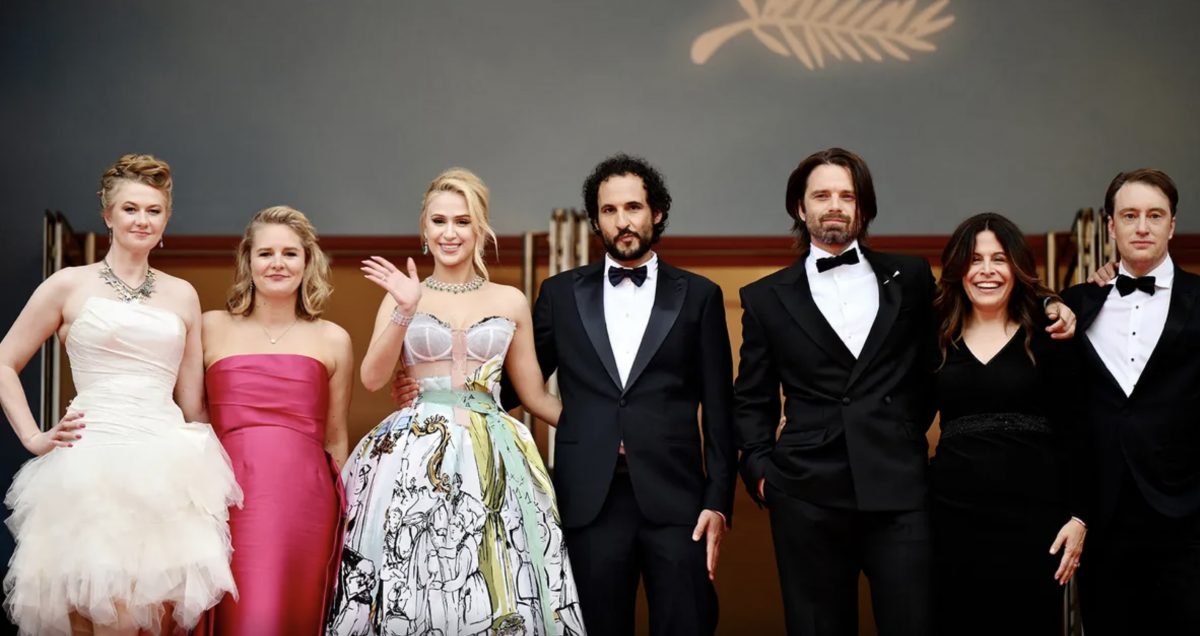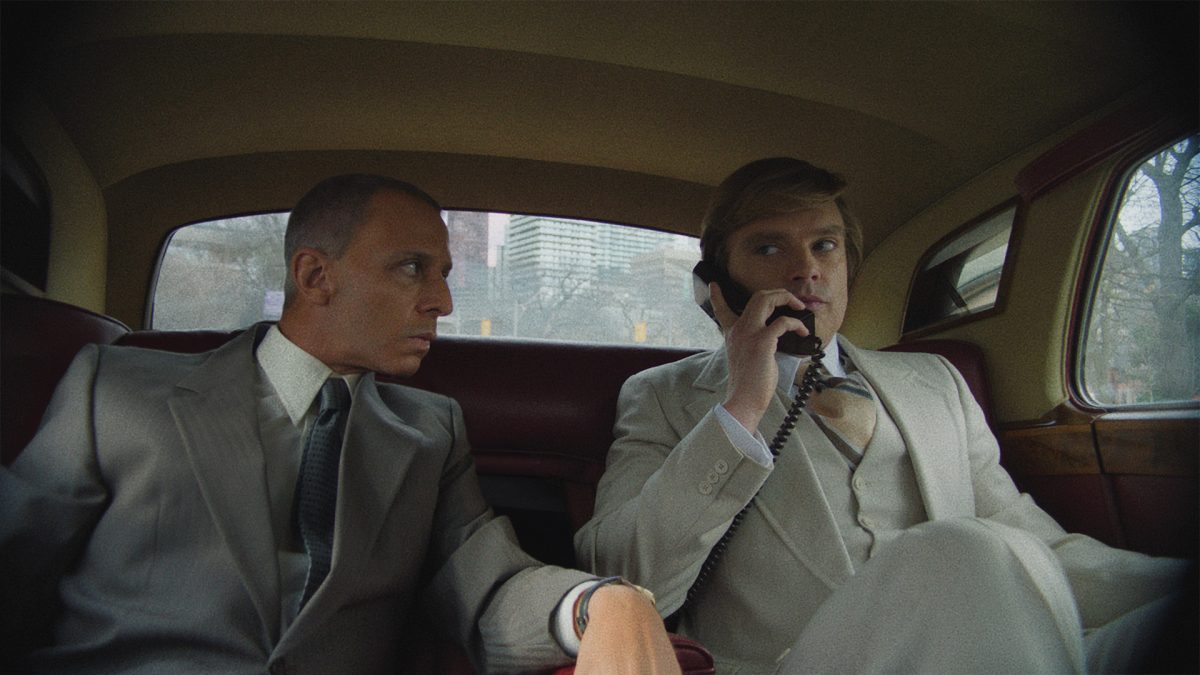Right after the premiere of “The Apprentice” by Ali Abbasi in Cannes, former US President Donald Trump was convicted by a Manhattan jury on 34 felonies, including in illegally influence in the 2016 election. The judge set the sentencing for July 11, coinciding with time when GOP leaders are expected to formally nominate Trump as their presidential candidate. While there is debate about Trump’s fate and his ability to run for president, it’s worthwhile to take a closer look at the Cannes film, which is dedicated to the early years of Donald Trump, long before he entered politics.
“The Apprentice” is quite a modest term for the figure we now know as Donald Trump. A prominent Manhattan developer and real estate tycoon, it’s hard to believe he once began as an inexperienced youth. This film captures what made Trump who he is today. The story begins in 1973, where a young vice president of his father’s real estate company sits in an elite New York club on 55th Street and has a casual conversation with a model. Yet, his gaze is fixed on those for possess hat he desires the most: money, power, and fame. Within moment, he receives an invitation to join one of the VIP rooms, extended by a regular at the club, the renowned lawyer Roy Cohn. With just one invitation, Trump finds himself thrust into the world of the influential and powerful, forging connections and acquiring knowledge under the guidance of his mentor. Among his new acquaintances is Roger Stone, known for his experise in dirty tricks and political manipulation. He was the creator of Ronald Reagan’s campaign slogan, “Let’s Make America Great Again,” later adopted by Trump as his own during his presidential campaign.

To better understand Roy Cohn’s character, there is a scene where he brings Trump into a room where he secretly records telephone conversations and recounts how he orchestrated the death sentence for convicted Soviet spy Ethel Rosenberg. He explains to his charge that although others believed that she should be saved, if only because she was a mother, Cohn disagreed: “She betrayed our country and deserves to die.” This conclusion isn’t born out of patriotism; after all, for Cohn, “power” is his sole religion, and “victory” his means of archievement. According to him, to succeed, one must be willing to do anything for anyone at any time. It is Cohn who imparts to Trump his three golden rules, which Trump would later adopt as his own: “Always attack,” “Never admit anything,” and “Always claim victory, never confess defeat.” Cruelty becomes a core trait for the diligent student, directed not only towards his mentor but also towards many other close associates, once he attains his sought-after goals of “money” and “power”.
But first, Trump, still somewhat a wallflower, consistently turns to his powerful friend, imploring him to silence legal proceedings, such as a lawsuit alleging discrimination against African-Americans, whom he charges rent four times higher than whites. The young Trump, played by Romanian-American actor Sebastian Stan, exudes an irresistible charm. At times naive, he earnestly seeks approval from his harsh father and contends for his first love. With Cohn’s help, Trump begins to realize his grandest ambitions, including the construction of Trump Tower through manipulation of a planning commission meeting to secure $160 million in tax breaks. The film shows how, even then, Trump gained notoriety for failing to compensate his builders, encountering numerous business setbacks, such as the Atlantic City casino case, and demonstrating an inability to develop effective strategies or assess risks accurately. Moreover, his relationships with women, if brought in contemporary times, would undoubtedly result in legal disputes, as exemplified by the recent lawsuit filed by E. Jean Carroll against Trump.

It can be argued that Trump’s current persona owes much to Roy Cohn. Cohn acted as a gateway into New York society for him, being a prominent figure in the city with a client list boasting some of its most influential personalities. Trump, at a mere 27 years old, found himself under Cohn’s tutelage, where he was introduced to the key players in New York. Under Cohn’s guidance, he acquired the ruthless tactics of corruption and trade, essential for navigating the realms of business and politics. Gabriel Sherman, the scriptwriter for the film, underscores this pivotal role of Cohn in Trump’s journey. The timing of the film’s release in Amerika, especially before the November elections, where Trump is once again running as the Republican candidate, remains uncertain. Commenting on recent events, Trump, quoted in the Associated Press, referred to the recent trial as “disgraceful”, emphasizing that “the real verdict is going to be November 5 by the people.” However, if the film does hit US cinemas before the elections, some of his most ardent supporters may begin to question their allegiance to Trump.



